HPE’s edge compute systems now support full-fat datacentre software
Edgeline systems can now run SQL Server, Azure, SAP HANA, Citrix XenApp and more

HPE is adding compatibility for full-fat datacentre software to its Edgeline range, demonstrating its commitment to what CEO Antonio Neri has dubbed 'the intelligent edge'.
The company has validated a number of enterprise software stacks for use with its Edgeline EL1000 and EL4000 systems, including VMware, Microsoft SQL Server, SAP HANA and Citrix XenDesktop, allowing customers to run virtualisation and compute tasks at the edge with the same tools they use in their datacentre.
"Not a junior version, not a light version, not a pared-down version, but rather the full enterprise-class power is now coming out of the cloud, unleashed and delivered at the edge," announced Tom Bradicich, PhD, HPE's vice-president and general manager of IoT & converged edge systems, speaking at HPE Discover today.
"The presence of the full software stack - the power of that - is extremely, extremely game-changing. Because today, with other systems, competitors' systems, pared-down versions have to be run. There's not enough memory, there's not enough storage, there's not enough processing power."
HPE's Edgeline systems, which were launched last year, are converged edge computing infrastructure packages designed to be used in remote and inhospitable locations.
Businesses who want to perform tasks such as data capture and analysis or autonomous control of industrials systems in these locations are often stymied by bandwidth issues caused by shuttling data to and from a centralised datacentre or cloud service - issues that can be mitigated by putting processing and compute capacity closer to the locations where these tasks need to be performed.
Edge computing itself isn't a new idea, but by ensuring that organisations can run the same software at the edge as they do in their cloud or datacentre, HPE aims to help reduce the management overheads, cost and complexity associated with it.
Sign up today and you will receive a free copy of our Future Focus 2025 report - the leading guidance on AI, cybersecurity and other IT challenges as per 700+ senior executives
"The way you manage your edge with Edgeline converged edge systems is the same way as the cloud and as the datacentre," Bradicich said. "And when I speak to customers about this, the IT professionals absolutely love this idea. They can tap into remote manageability. When these systems are at the edge - on an oil rig, for example, or in a power plant - they can be managed remotely, just like they can remotely manage a cloud."
"But more, the customers can use their own management tools, or they can use an industry-standard management tool, because when you have the platform certified for Red Hat, Microsoft, Citrix; when you have a platform for that - and I'm not joking - thousands of applications can now run at the edge."
This area has become a big strategic focus for HPE; Neri yesterday announced that the company would be investing a total of $4 billion in edge technology over the next four years, allocated to research and development into new product lines and consulting offerings.
The company also announced that it is upping the storage allocation available on the EL1000 and EL4000 units by more than ten times, thanks to a new hardware add-on. The Edgeline Extended Storage Adapter kit enables Edgeline units to support up to 48TB of software-defined storage, up from the previous limit of 4TB. It's also compatible with storage management tools like VMware vSAN and HPE's StoreVirtual VSA.
HPE's new Storage Adapter kit will be available in September for an initial list price of $299, while the validated support for enterprise software stacks will be rolled out over the next few months. Bradicich also teased the announcements of new Edgeline hardware at HPE's next Discover event in Europe later this year.
Adam Shepherd has been a technology journalist since 2015, covering everything from cloud storage and security, to smartphones and servers. Over the course of his career, he’s seen the spread of 5G, the growing ubiquity of wireless devices, and the start of the connected revolution. He’s also been to more trade shows and technology conferences than he cares to count.
Adam is an avid follower of the latest hardware innovations, and he is never happier than when tinkering with complex network configurations, or exploring a new Linux distro. He was also previously a co-host on the ITPro Podcast, where he was often found ranting about his love of strange gadgets, his disdain for Windows Mobile, and everything in between.
You can find Adam tweeting about enterprise technology (or more often bad jokes) @AdamShepherUK.
-
 Will autonomous robotics leap forward in 2026?
Will autonomous robotics leap forward in 2026?In-depth Connectivity and cost benefits remain barriers, despite breakthroughs in physical AI
-
 AWS and NTT Data team up to drive legacy IT modernization in Europe
AWS and NTT Data team up to drive legacy IT modernization in EuropeNews Partnership between AWS and NTT DATA aims to boost AWS European Sovereign Cloud capabilities
-
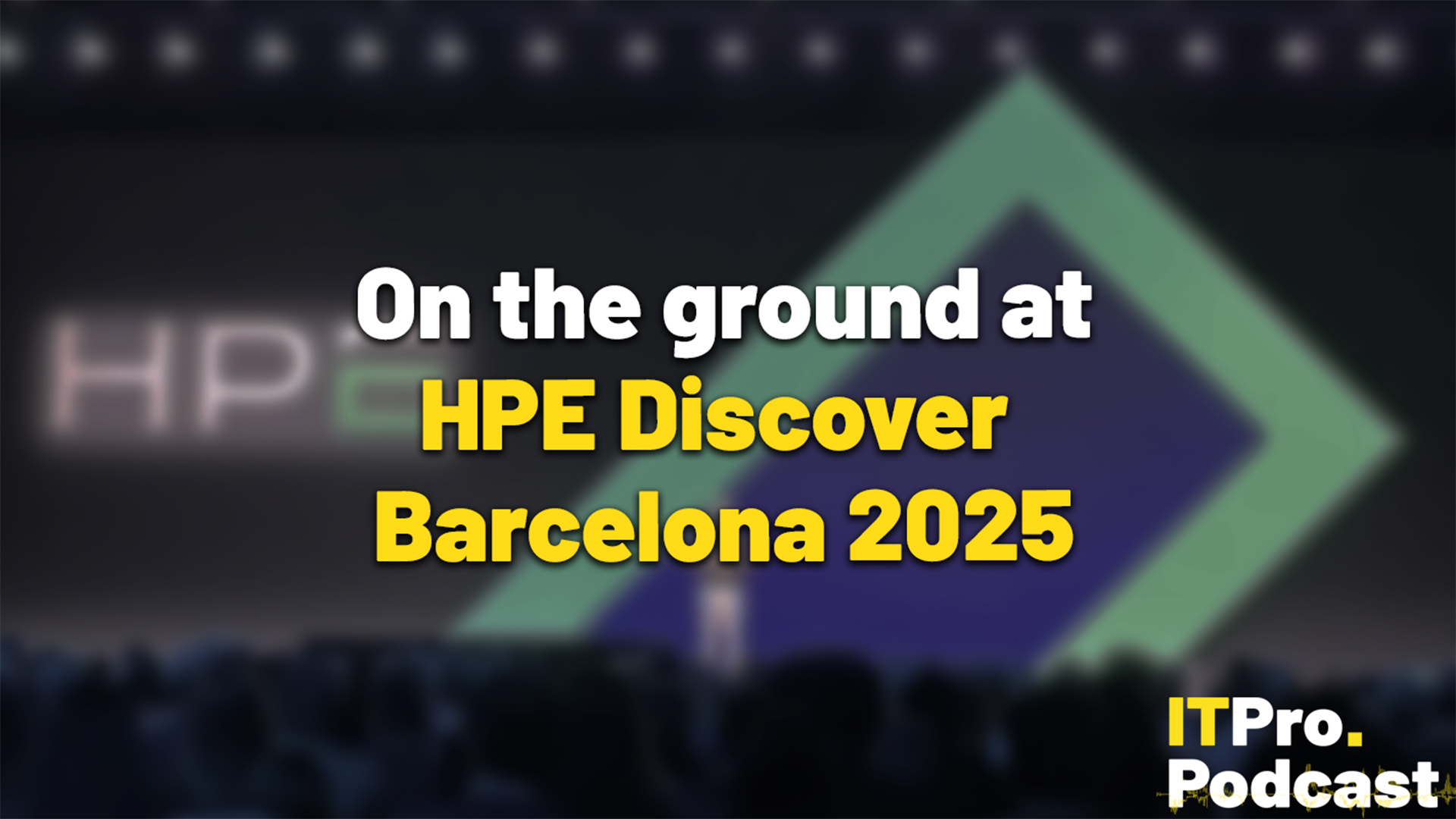 On the ground at HPE Discover Barcelona 2025
On the ground at HPE Discover Barcelona 2025ITPro Podcast This is a pivotal time for HPE, as it heralds its Juniper Networks acquisition and strengthens ties with Nvidia and AMD
-
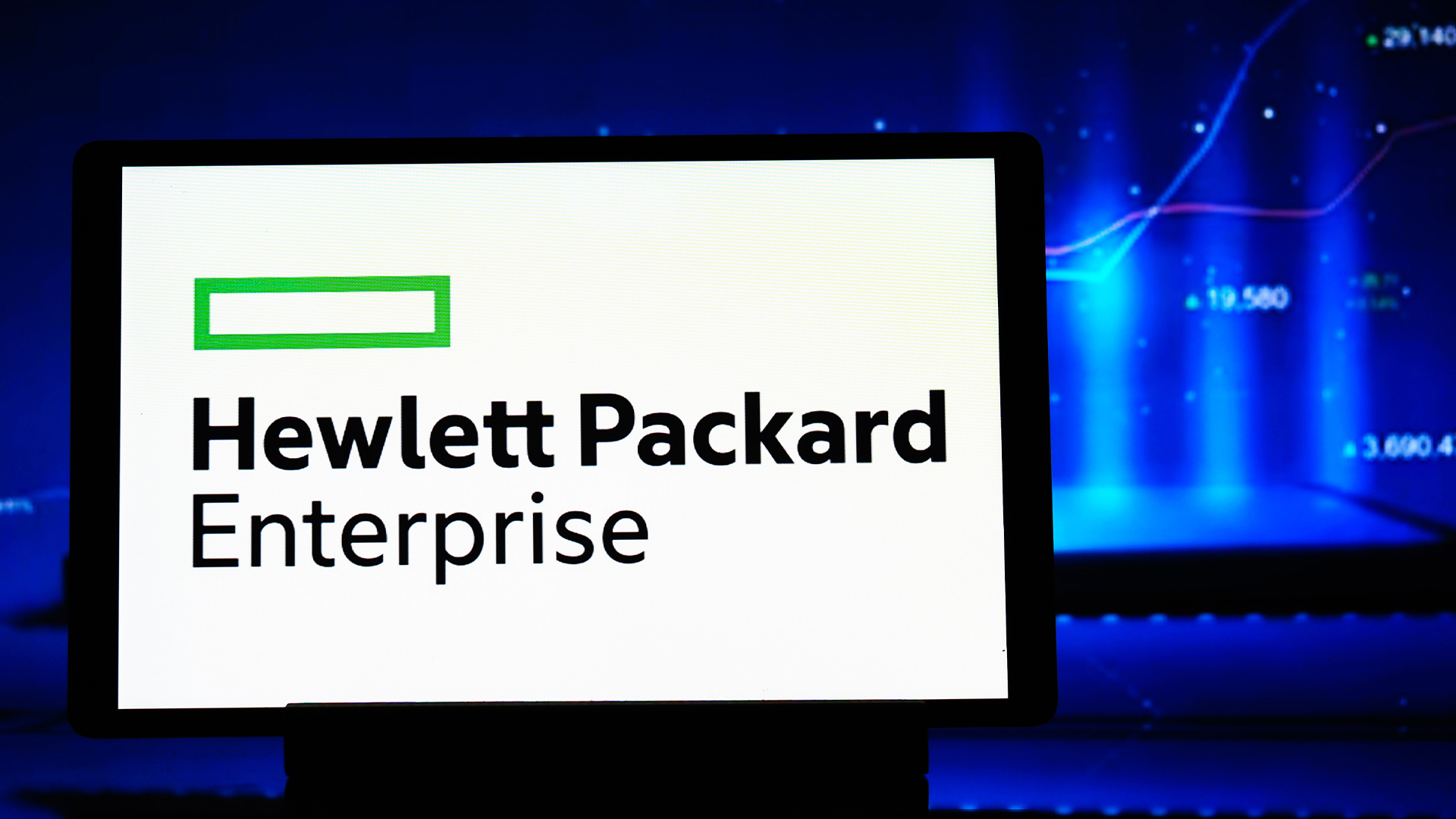 HPE promises “cross pollinated" future for Aruba and Juniper
HPE promises “cross pollinated" future for Aruba and JuniperNews Juniper Networks’ Marvis and LEM capabilities will move to Aruba Central, while client profiling and organizational insights will transfer to Mist
-
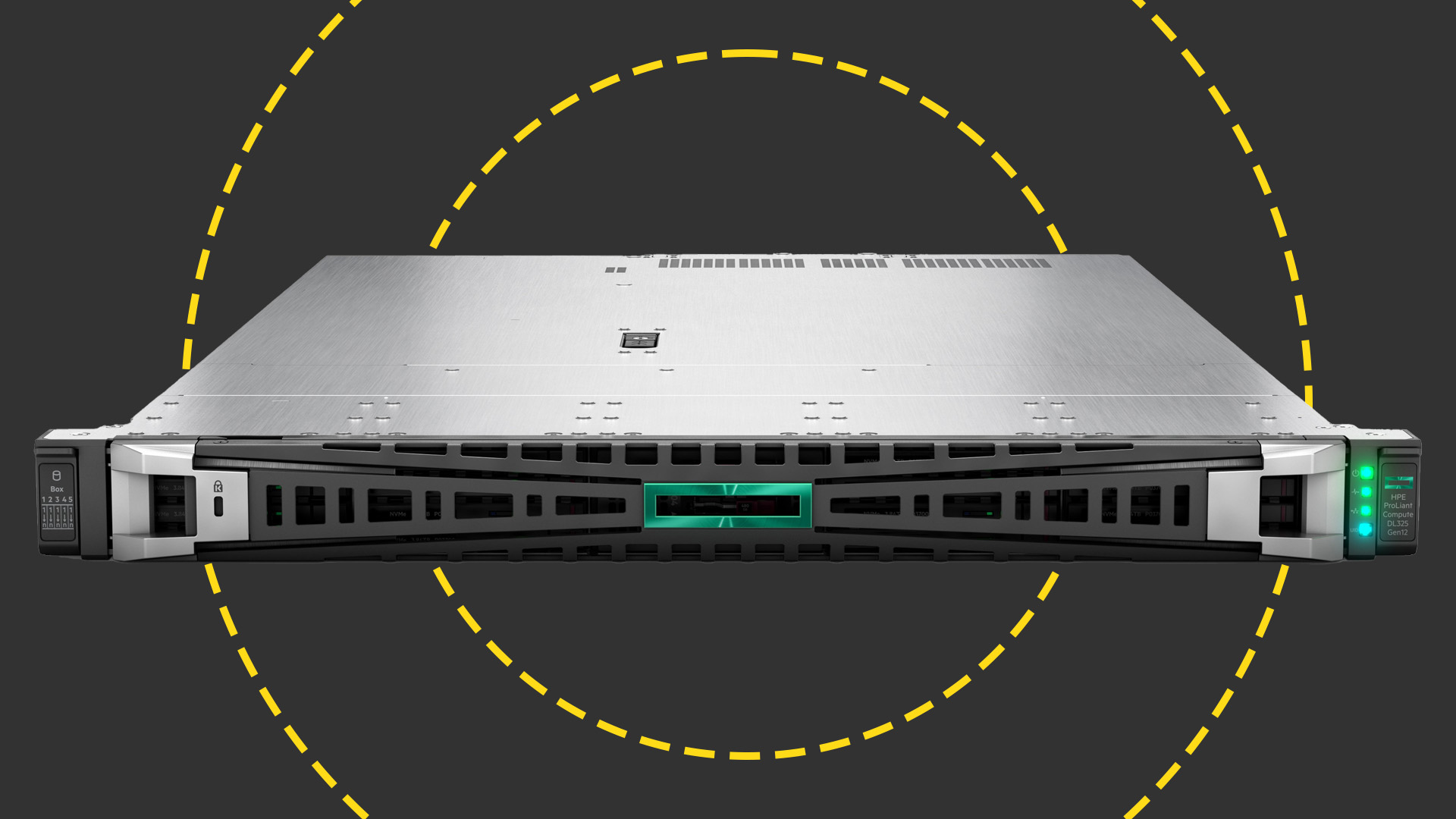 HPE ProLiant Compute DL325 Gen12 review: A deceptively small and powerful 1P rack server with a huge core count
HPE ProLiant Compute DL325 Gen12 review: A deceptively small and powerful 1P rack server with a huge core countReviews The DL325 Gen12 delivers a CPU core density and memory capacity normally reserved for expensive, power-hungry dual-socket rack servers
-
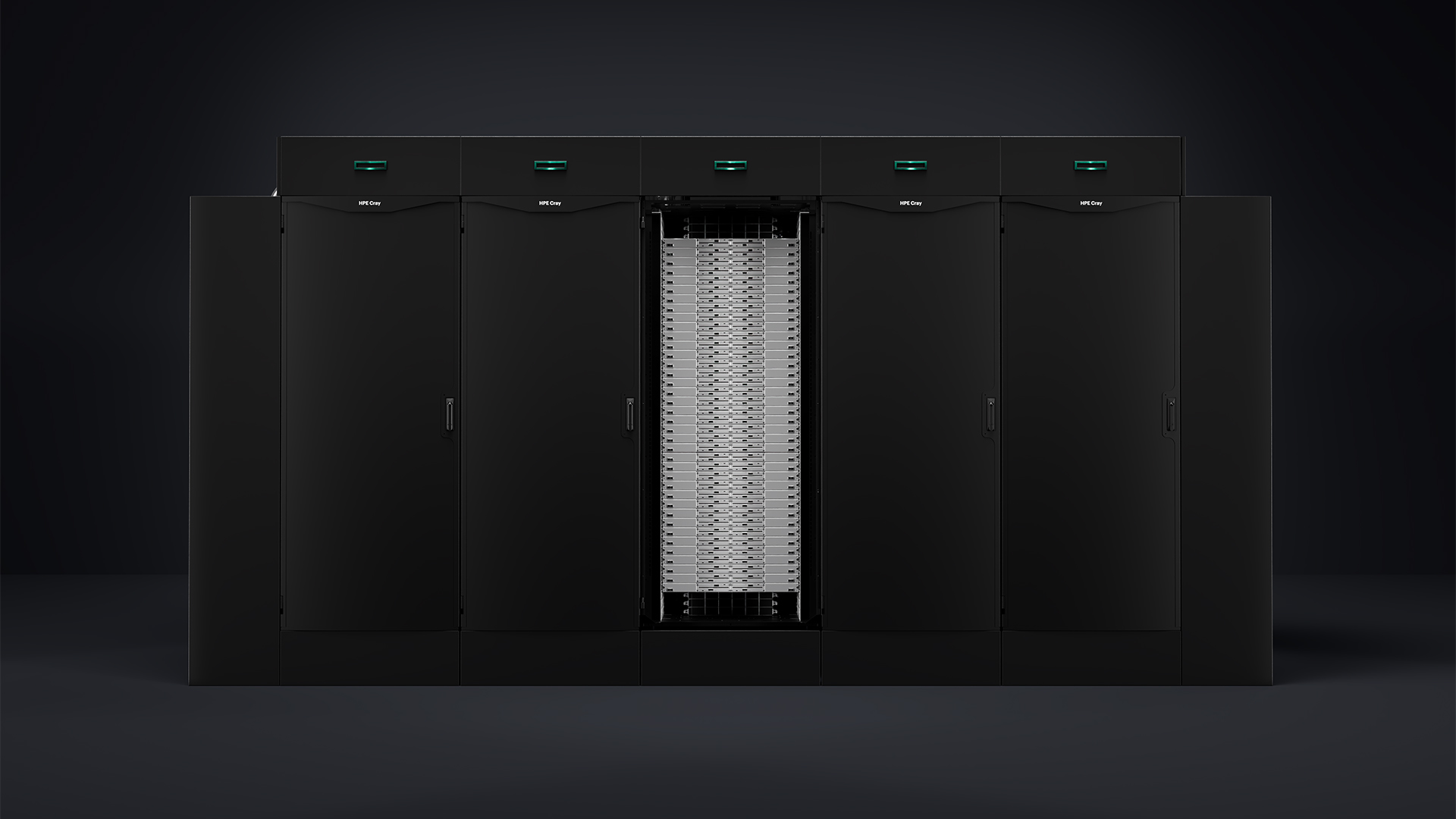 HPE's new Cray system is a pocket powerhouse
HPE's new Cray system is a pocket powerhouseNews Hewlett Packard Enterprise (HPE) has unveiled new HPC storage, liquid cooling, and supercomputing offerings ahead of SC25
-
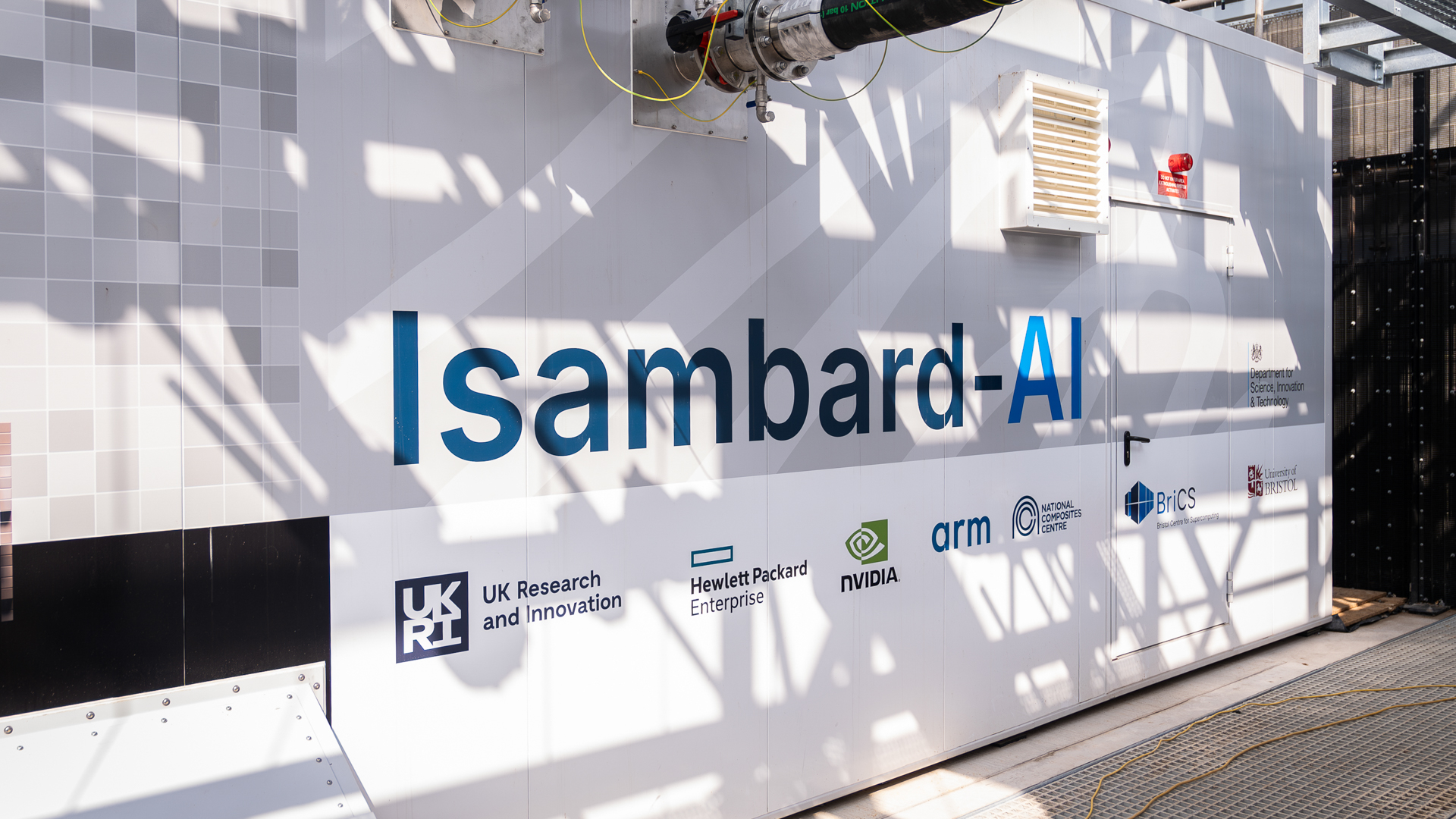 Inside Isambard-AI: The UK’s most powerful supercomputer
Inside Isambard-AI: The UK’s most powerful supercomputerLong read Now officially inaugurated, Isambard-AI is intended to revolutionize UK innovation across all areas of scientific research
-
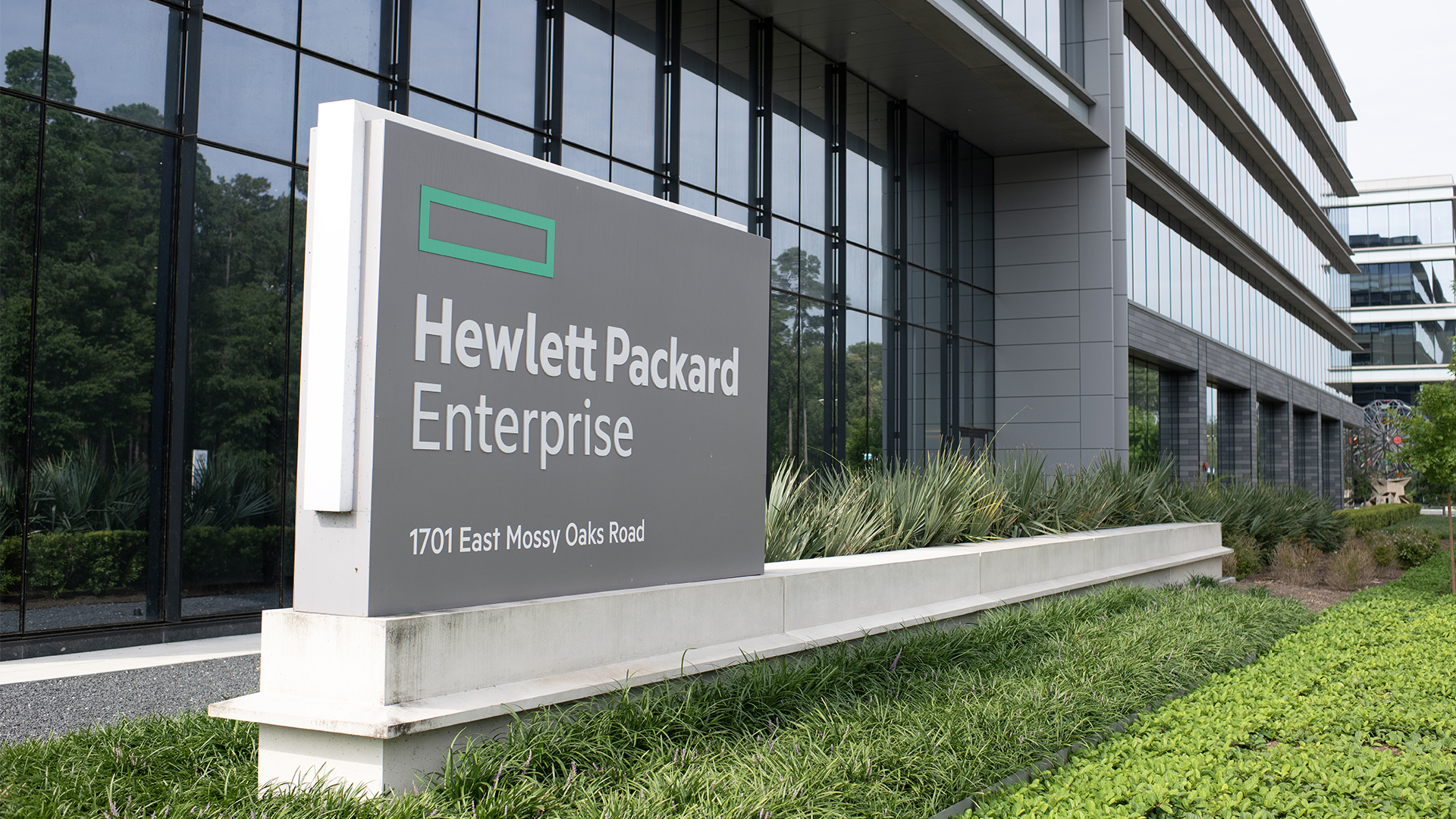 HPE forced to offload Instant On networking division and license Juniper’s AI Ops source code in DOJ settlement
HPE forced to offload Instant On networking division and license Juniper’s AI Ops source code in DOJ settlementNews HPE will be required to make concessions to push the deal through, including divesting its ‘Instant On’ wireless networking division within 180 days.
-
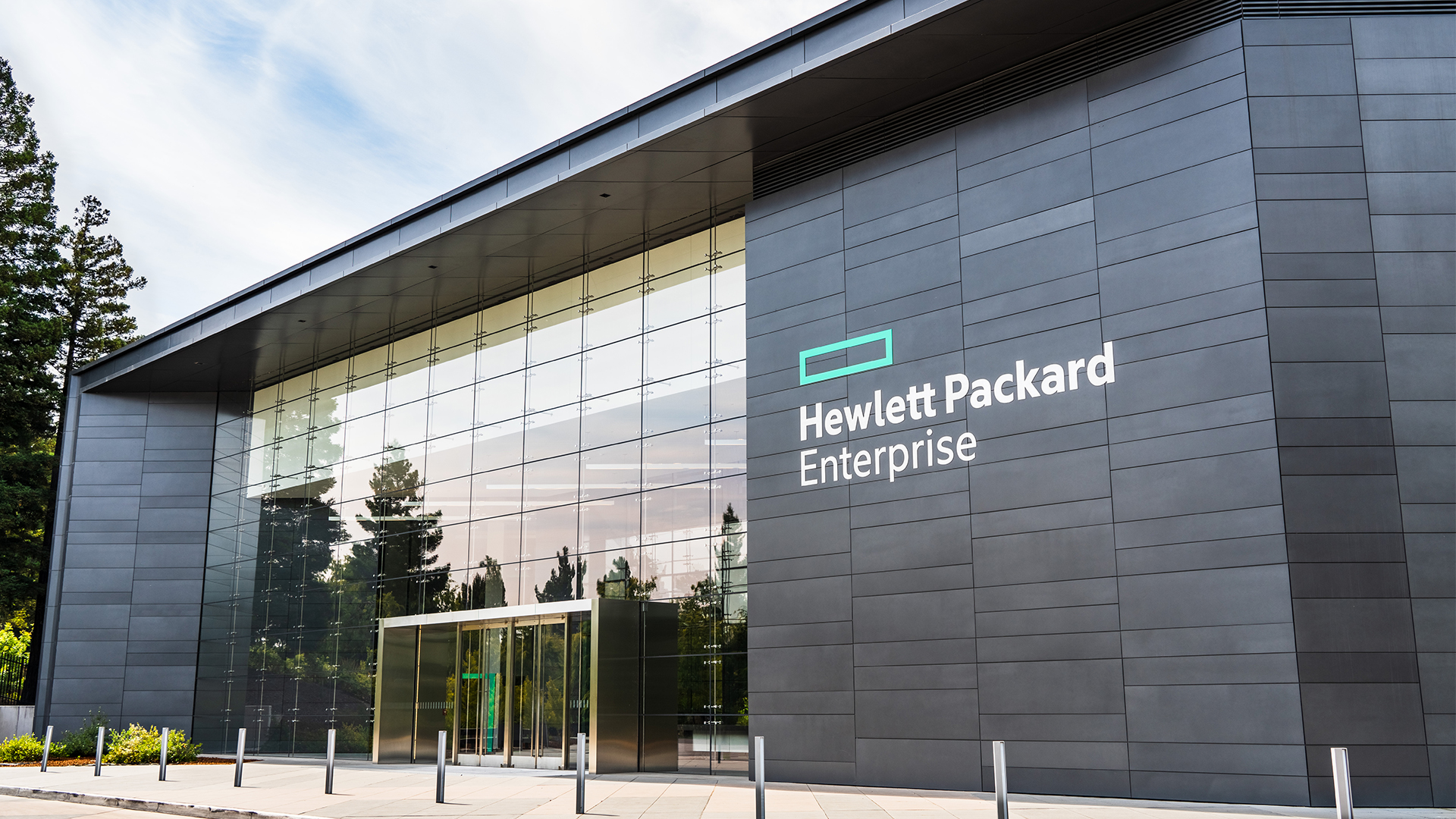 HPE eyes enterprise data sovereignty gains with Aruba Networking Central expansion
HPE eyes enterprise data sovereignty gains with Aruba Networking Central expansionNews HPE has announced a sweeping expansion of its Aruba Networking Central platform, offering users a raft of new features focused on driving security and data sovereignty.
-
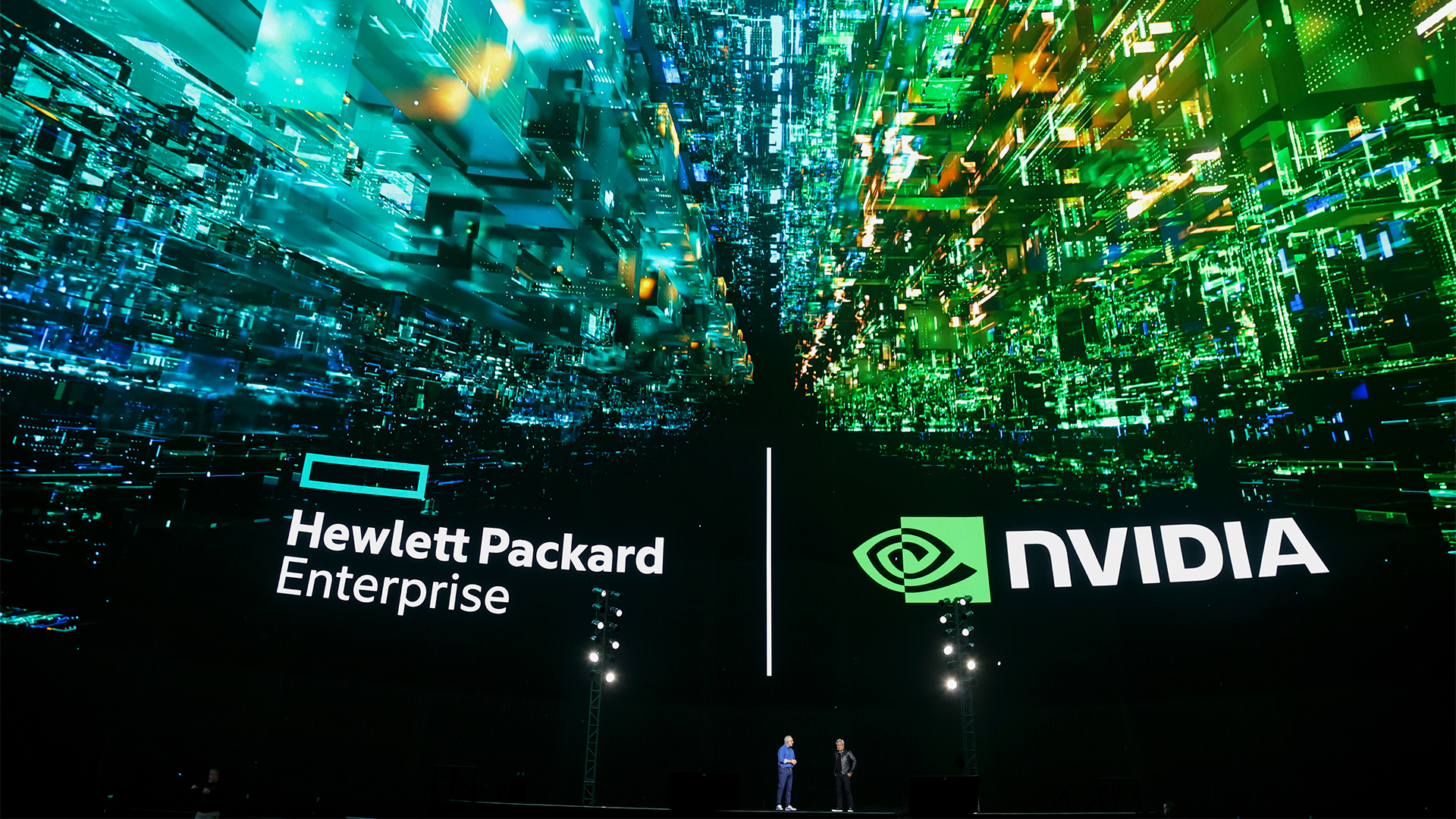 HPE unveils Mod Pod AI ‘data center-in-a-box’ at Nvidia GTC
HPE unveils Mod Pod AI ‘data center-in-a-box’ at Nvidia GTCNews Water-cooled containers will improve access to HPC and AI hardware, the company claimed
